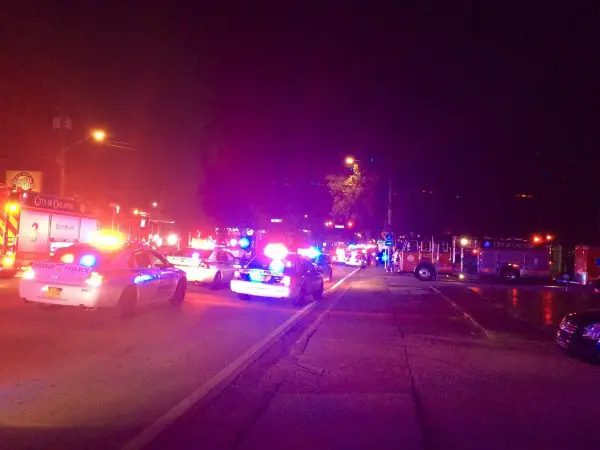Colombia's rebel group Thursday extended a one-month unilateral ceasefire, as peace talks with the government entered a crucial stage.
"We have decided to maintain a unilateral ceasefire," said Carlos Antonio Lozada, commander of the Revolutionary Armed Forces of Colombia (FARC), shortly before the talks resumed in Havana, Cuba.
However, the FARC did not specify how long the ceasefire would last.
The rebel leader said the move was to help create "an appropriate setting for the negotiations", which has been underway since November 2012, seeking to end the country's half-century conflict.
The unilateral truce, which started on July 20 for a month, has been the fifth of its kind since the start of peace talks in Havana.
Lozada blasted the Colombian government for waging assaults during the ceasefire.
"The most sensible thing for the government to do would be not trying to take a military advantage of this humanitarian gesture," warned Lozada, stressing the ceasefire must be bilateral.
In response, Defense Minister Luis Carlos Villegas noted Thursday afternoon that "despite certain level of harassment and crimes committed by the FARC in the last month, there were no serious actions that violate the truce." He termed the ceasefire as "acceptable."
The Colombian government delegation to the talks made no comments before the talks.
The minister said since July 20, fighting between two sides has killed two soldiers and four insurgency members. As many as 83 rebel fighters were captured, among whom 36 surrendered.
Peace talks have entered a critical stage with deals partially reached on land reform and illegal drugs trade. This round of dialogue is to be focused on the thorny issue of war victim reparations.
Also on Thursday, the UN office for the Coordination of Humanitarian Affairs (OCHA) said violence in Colombia has decreased steadily.
"Last unilateral ceasefire from December 2014 to May 2015 has led to the lowest recorded level of violence in the past few years," said Gerard Gomez, OCHA director in Colombia.
Jorge Restrepo, director of Colombia's Resource Center for Conflict Analysis, said no civilians have been hurt in the last month thanks to the ceasefire.
The FARC, Colombia's largest guerrilla group, has been fighting against the government forces since the 1960s, leaving more than 220,000 dead and six million displaced.
 简体中文
简体中文

